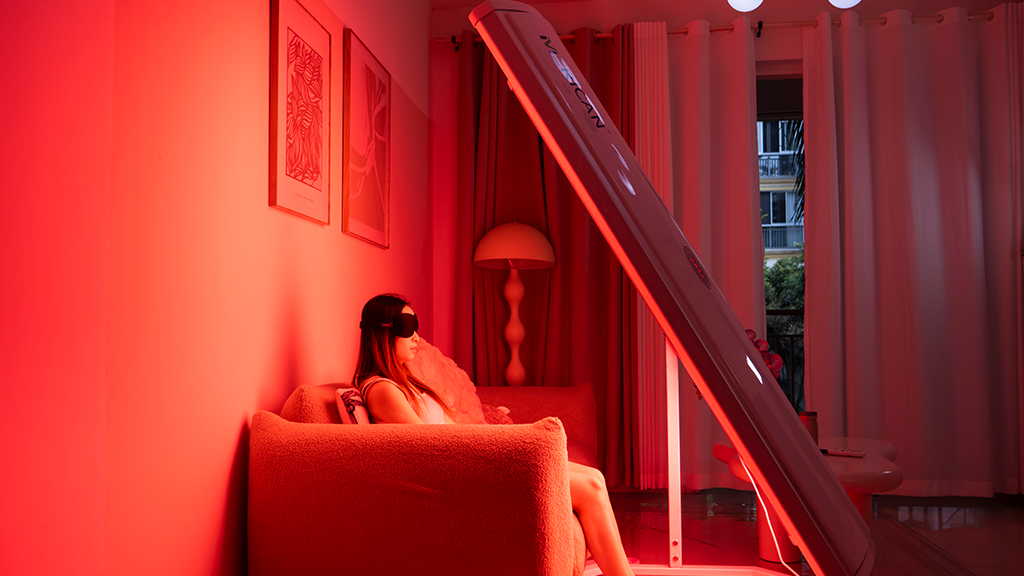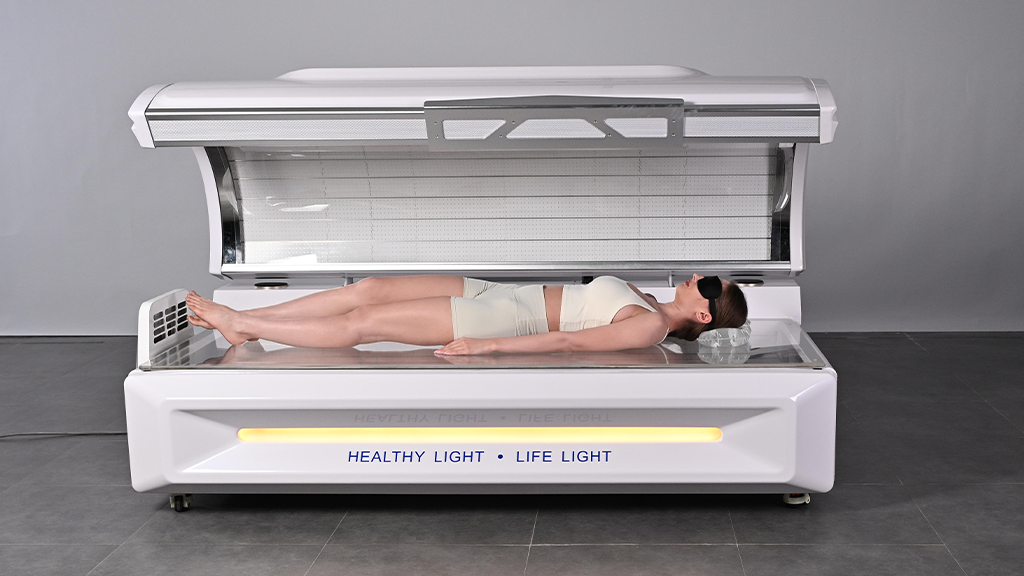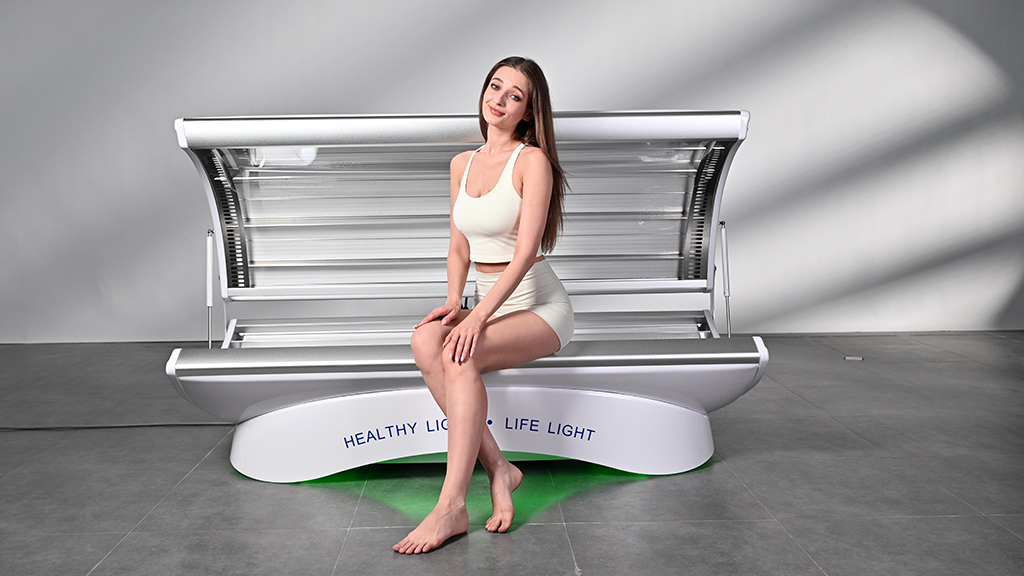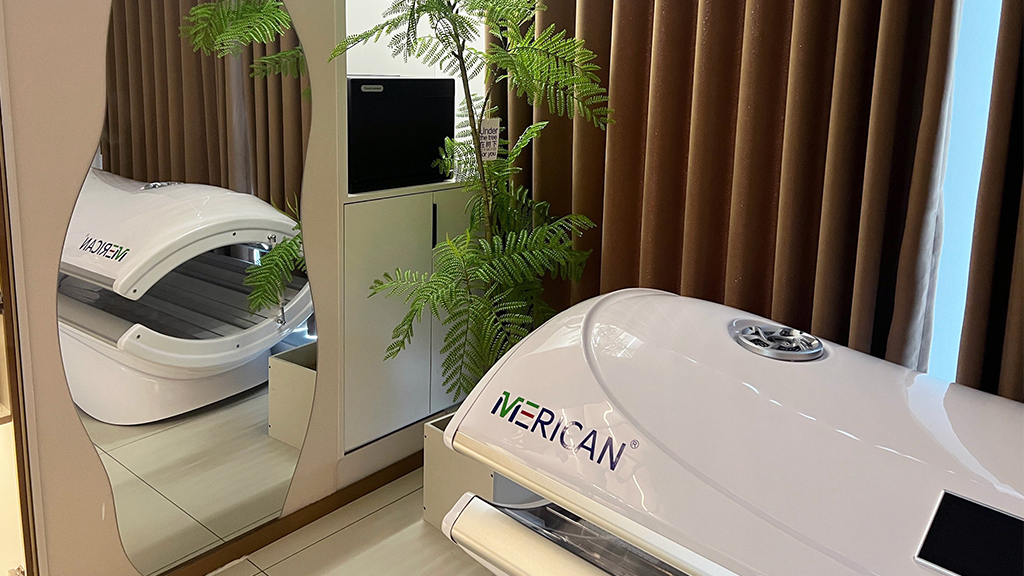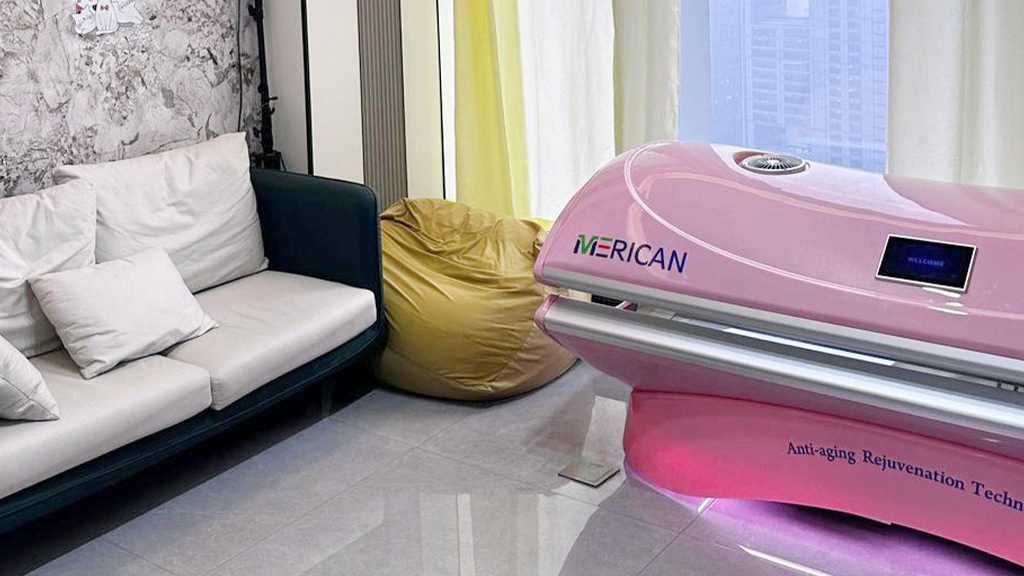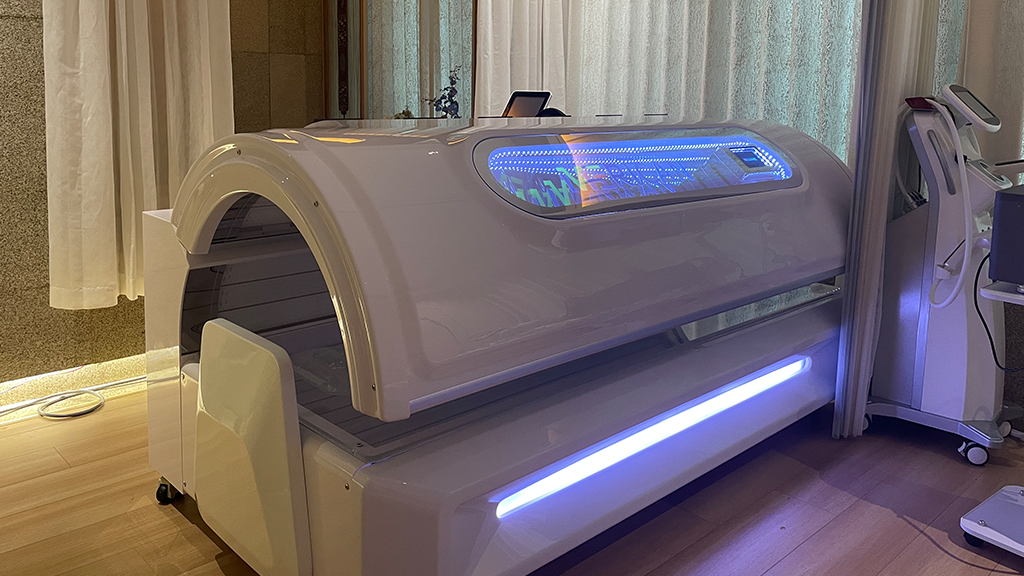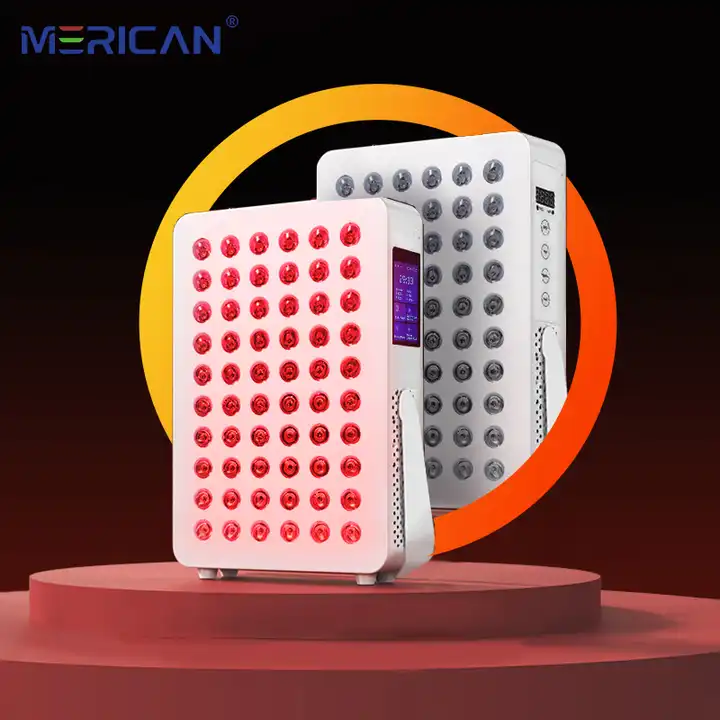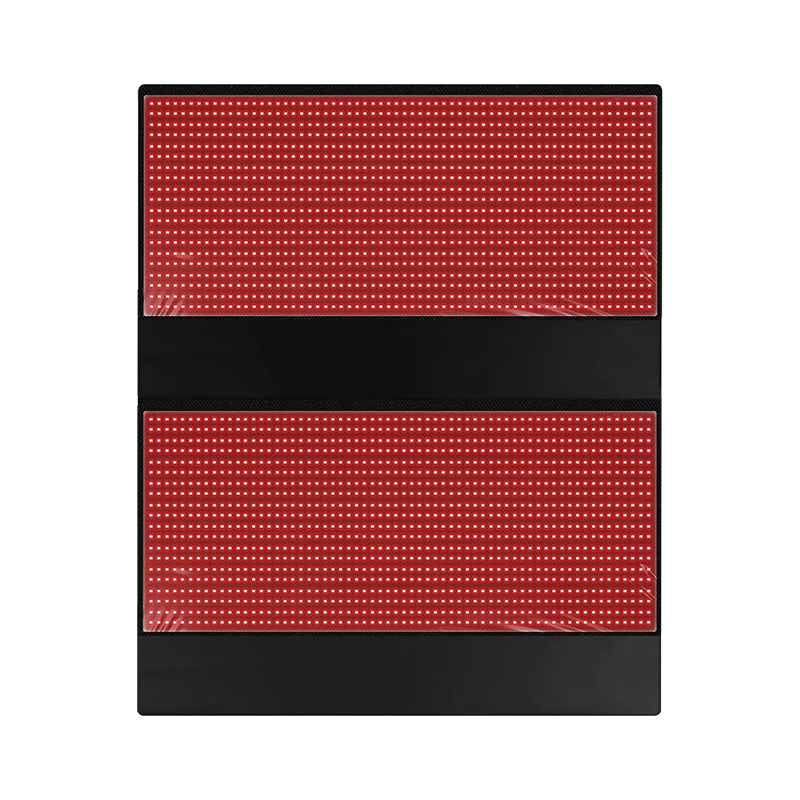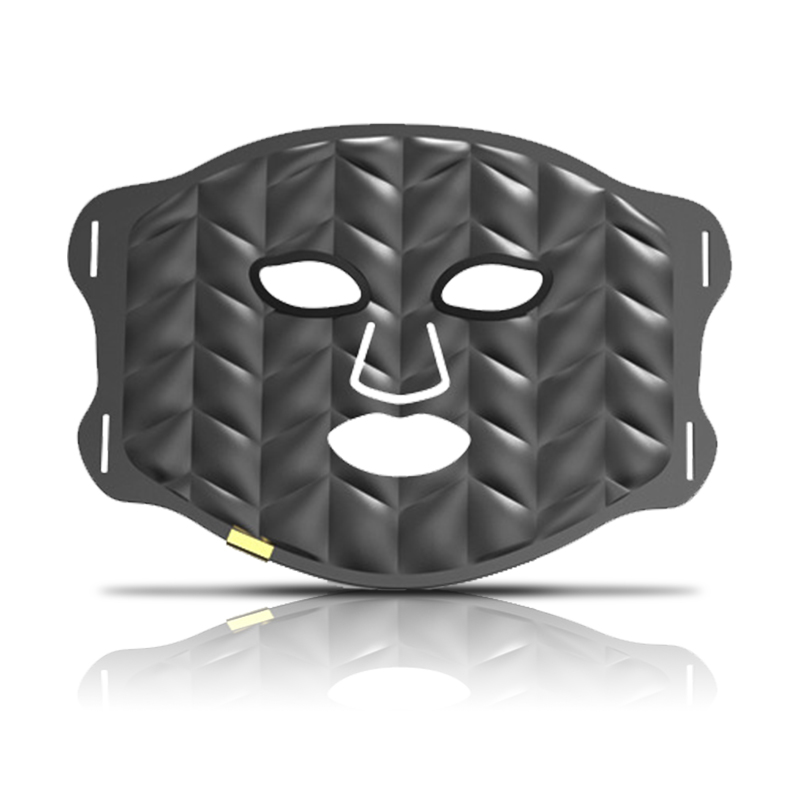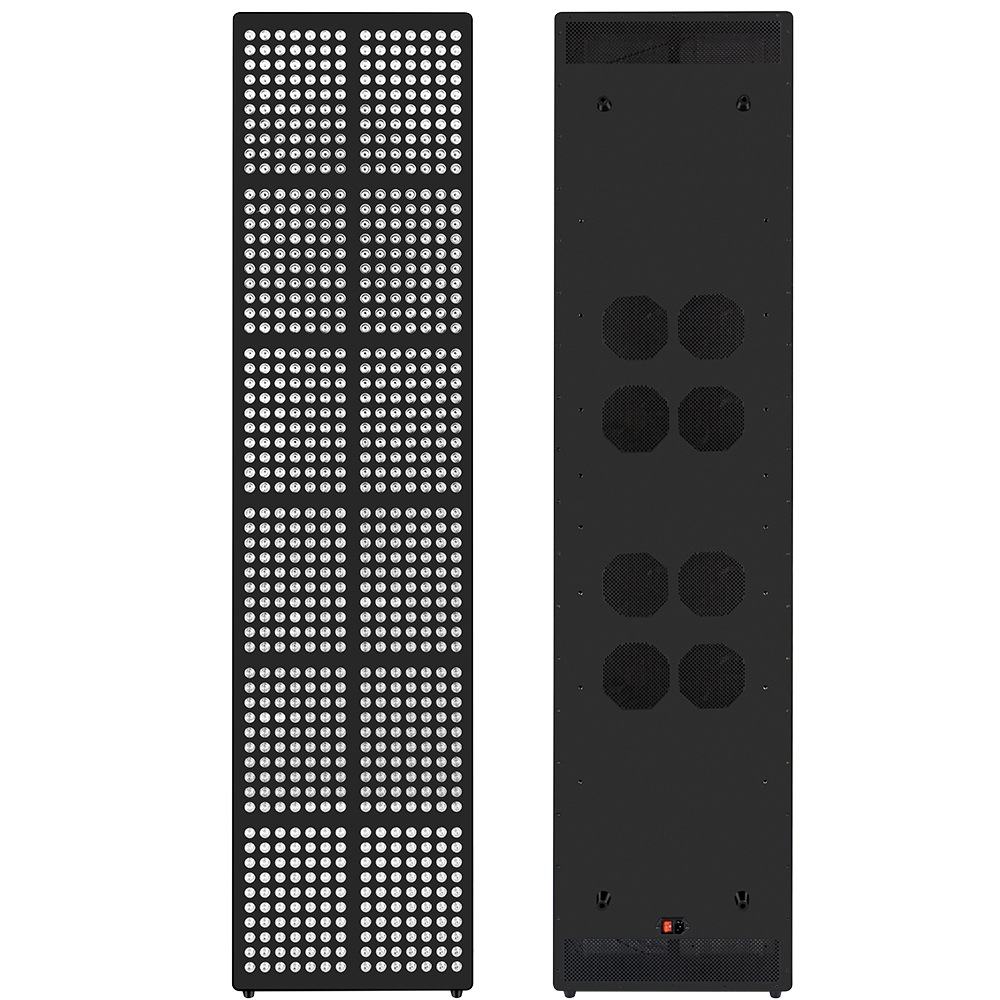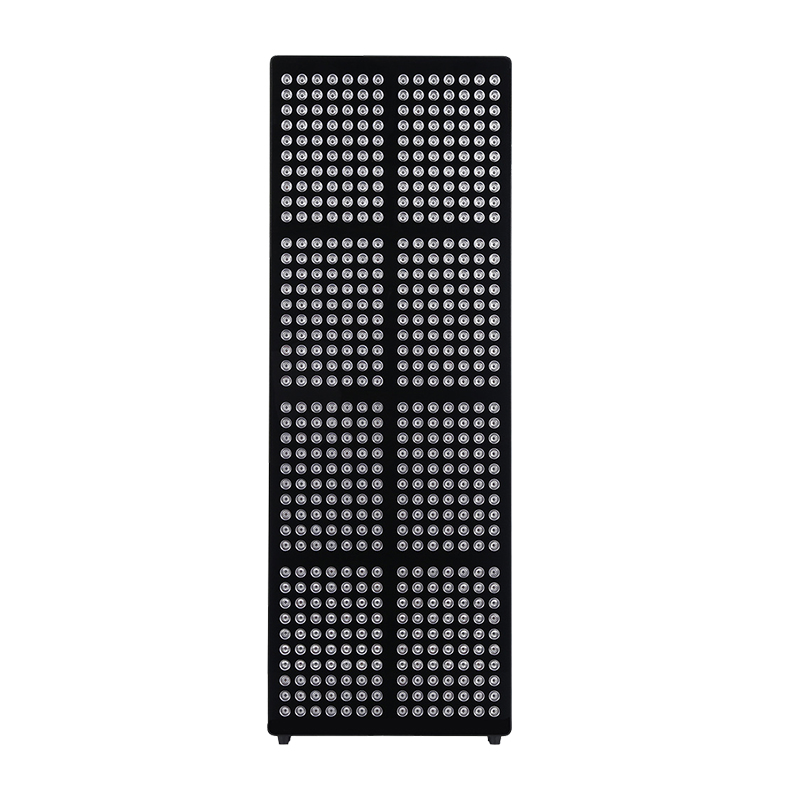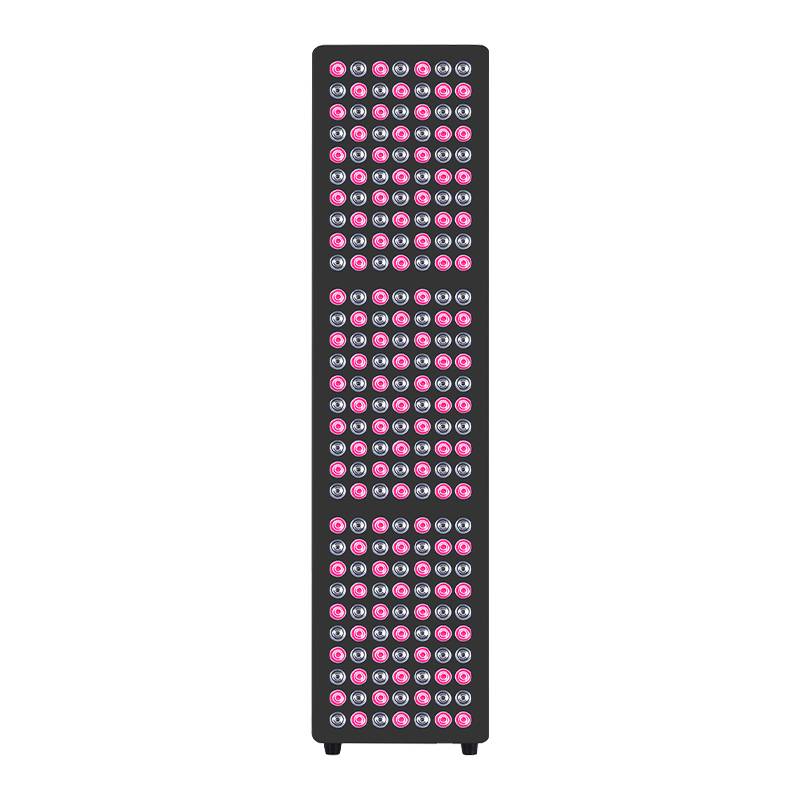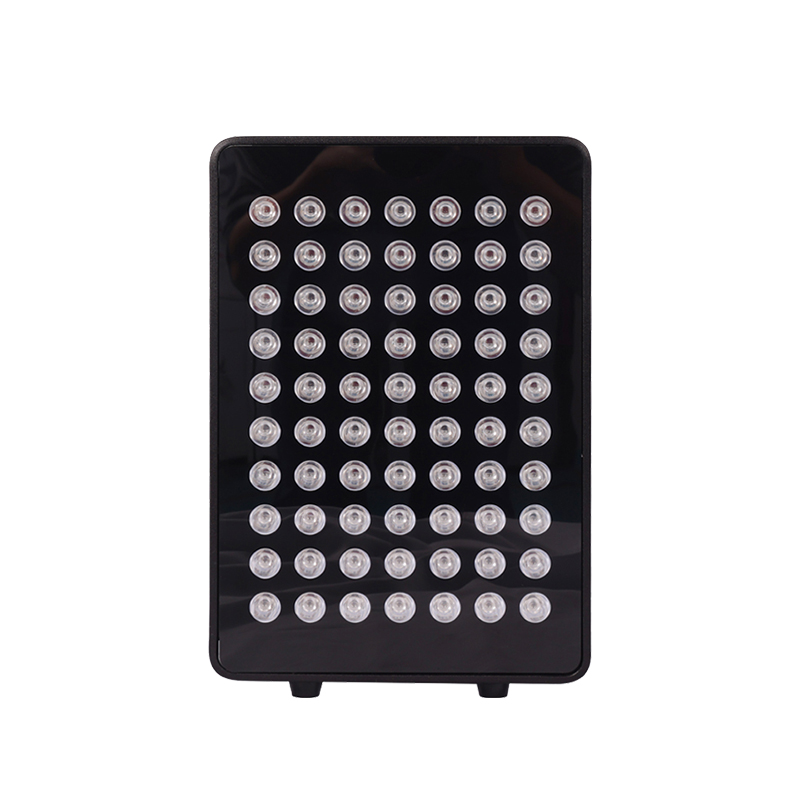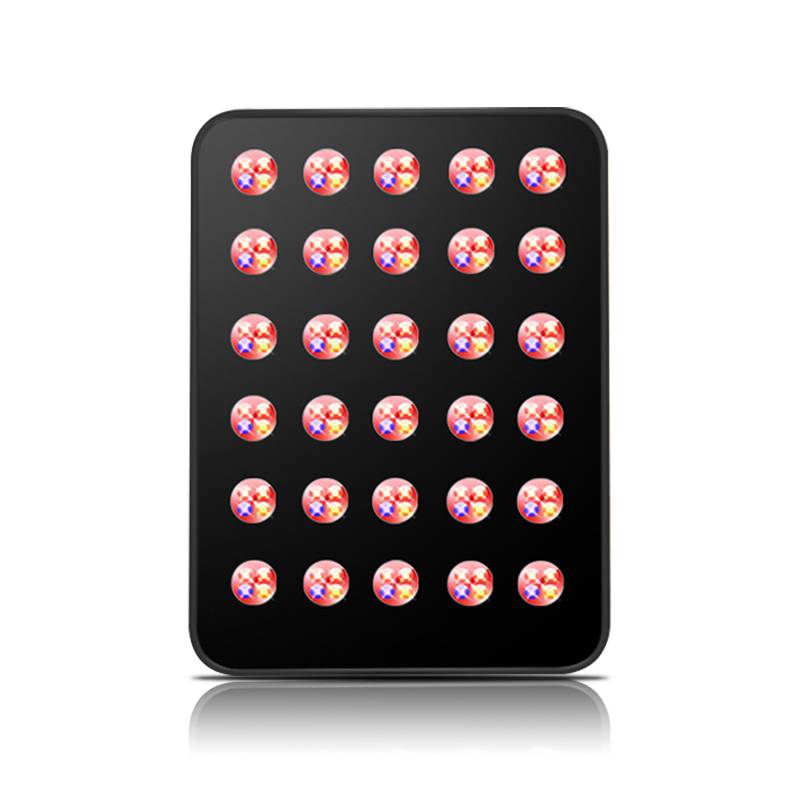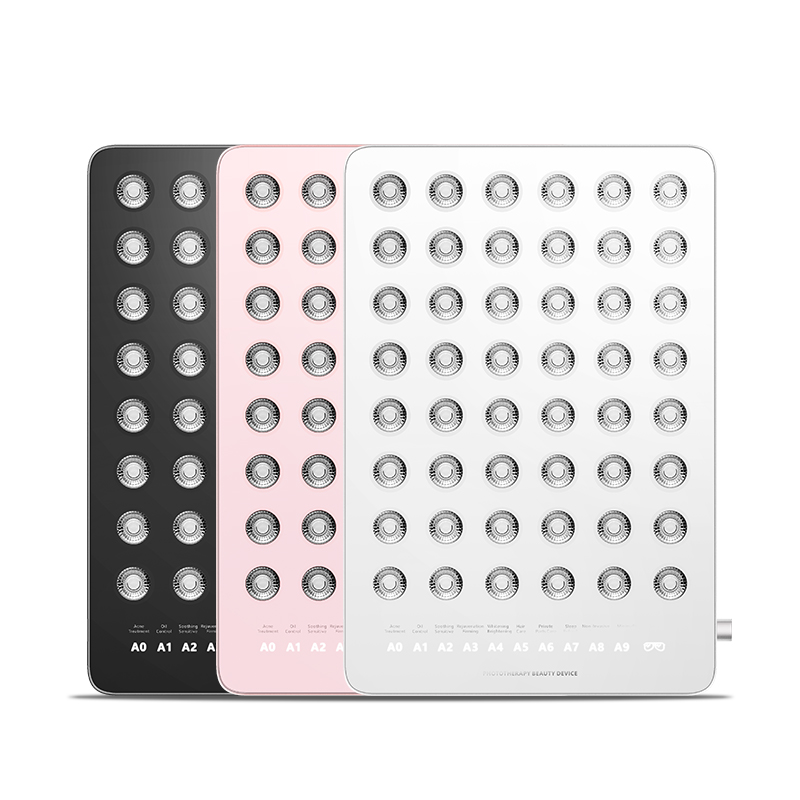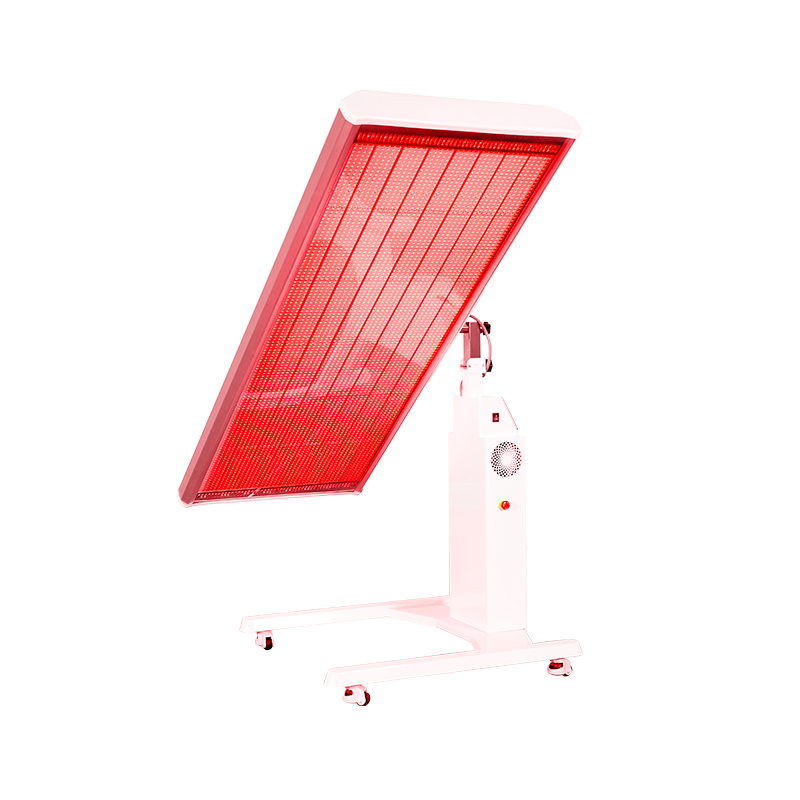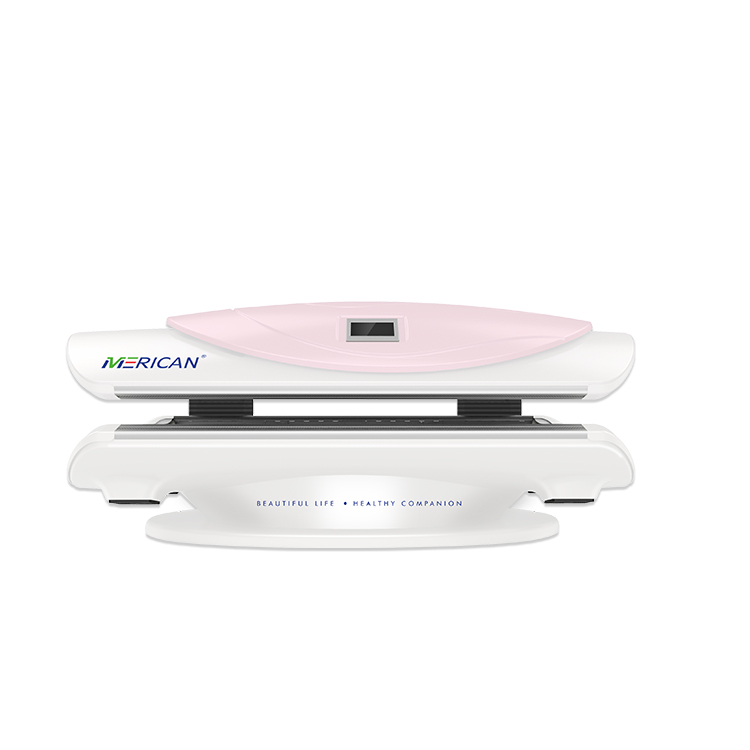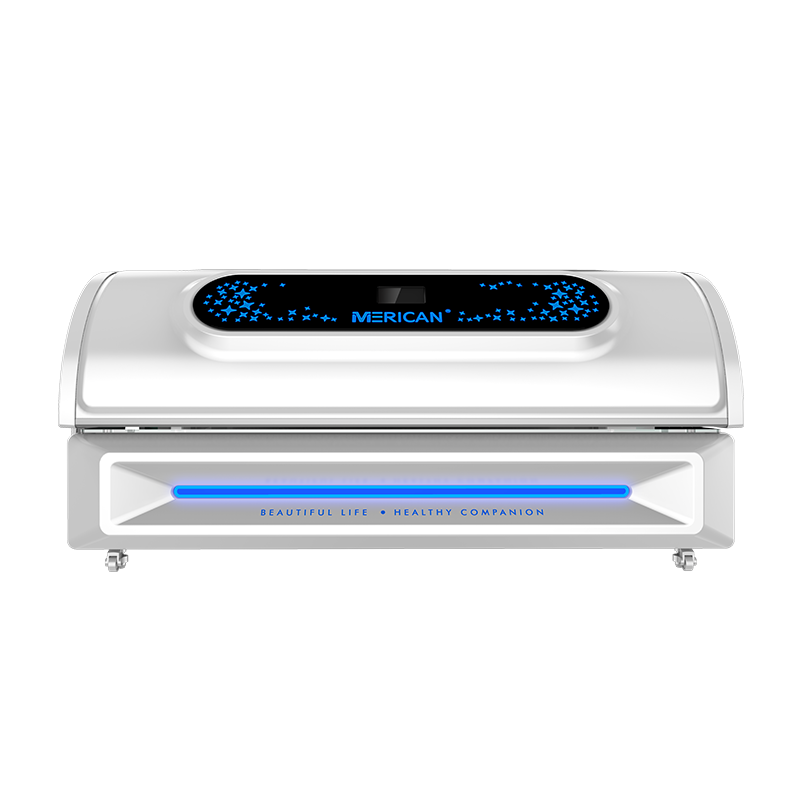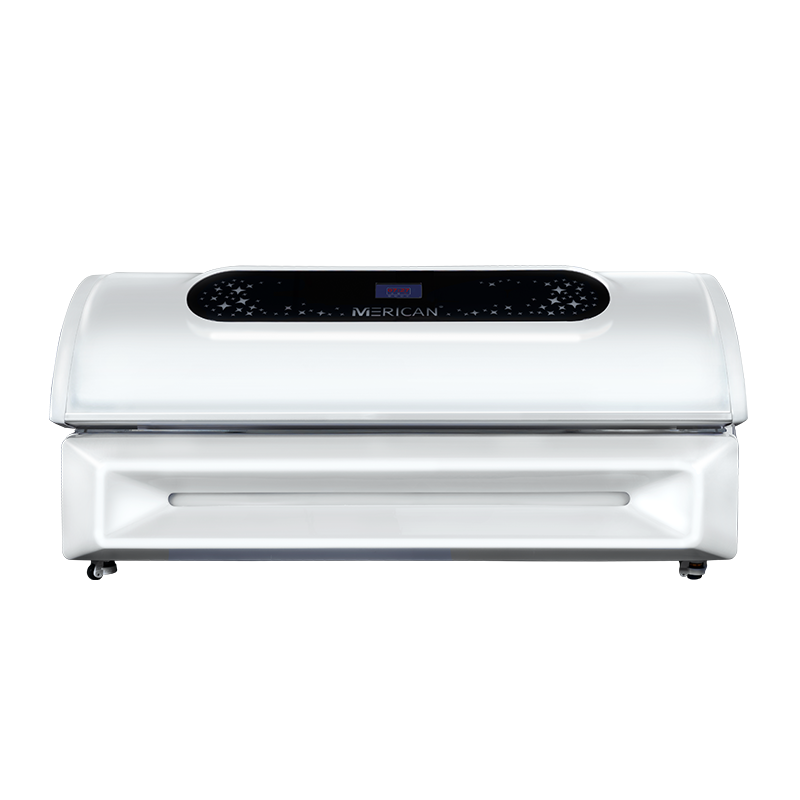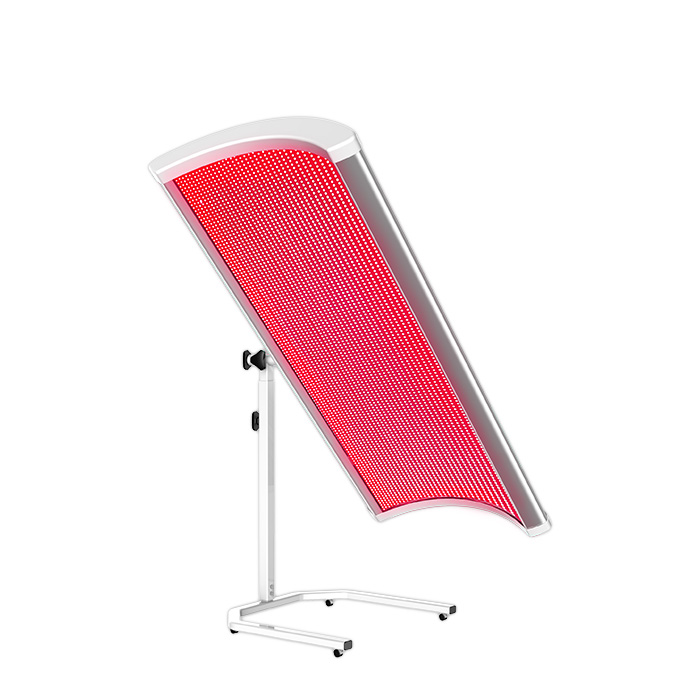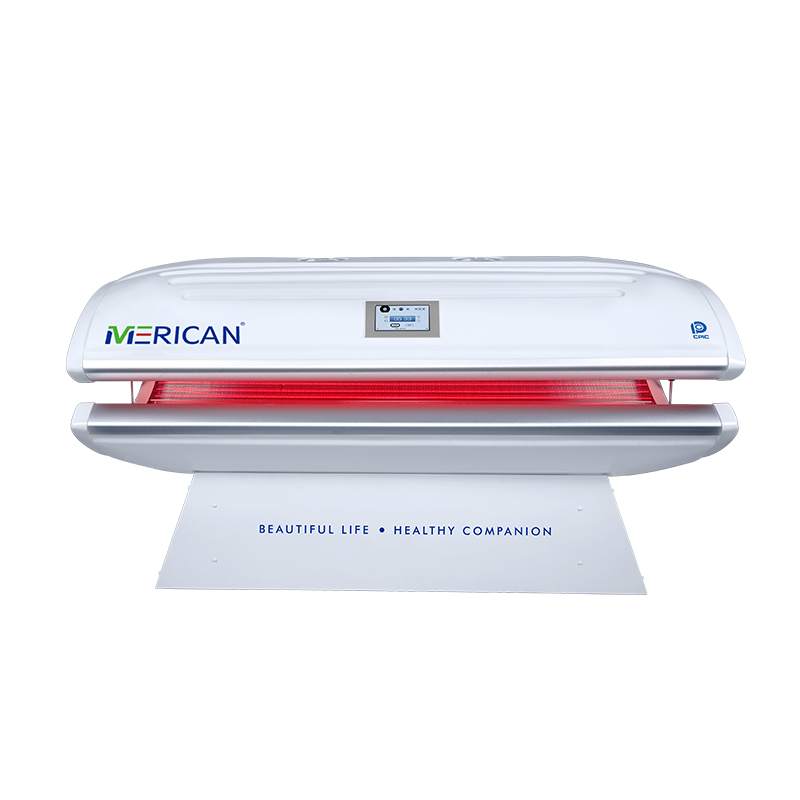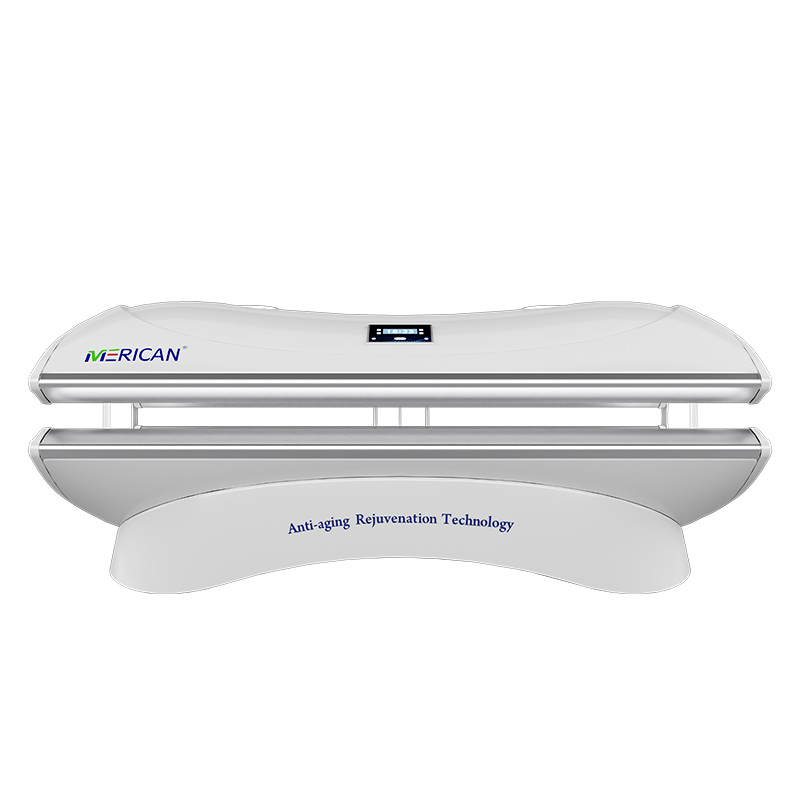Neuropathy (nerve damage causing pain, numbness, or tingling) is notoriously difficult to treat. While traditional approaches include medications and physical therapy, red light therapy (RLT) is emerging as a promising, drug-free option. Here’s what the latest research says about its effectiveness.
- How Red Light Therapy May Help Neuropathy
RLT works by stimulating mitochondrial function in nerve cells, reducing inflammation, and improving circulation—key factors in neuropathy relief.
Proposed Mechanisms:
✔ Increased ATP production – Boosts nerve cell energy and repair.
✔ Reduced oxidative stress – Lowers inflammation damaging nerves.
✔ Enhanced microcirculation – Improves blood flow to compressed/damaged nerves.
✔ Pain modulation – May decrease pain signals via endorphin release.
Clinical Evidence
A 2023 Journal of Neurology study found RLT significantly reduced diabetic neuropathy pain after 8 weeks.
Research in Pain Research & Management (2022) showed NIR light improved nerve conduction in carpal tunnel syndrome.
- Best RLT Protocols for Neuropathy
A. Optimal Wavelengths
Red light (630-660 nm) – For superficial nerve irritation (e.g., peripheral neuropathy in hands/feet).
Near-infrared (810-850 nm) – Penetrates deeper for sciatica or spinal nerve compression.
B. Treatment Guidelines
Frequency: 5x/week for 4-8 weeks, then maintenance (2-3x/week).
Duration: 10-20 minutes per area (adjust based on device power).
Target Areas: Directly over painful zones (e.g., feet for diabetic neuropathy) or along nerve pathways.
- Real-World Results to Expect
Timeframe Potential Improvements
2-4 weeks Reduced tingling/burning sensations
6-8 weeks Noticeable pain relief, better sleep
3+ months Improved nerve function (e.g., balance, grip strength)
Note: Results vary by neuropathy cause (diabetes, chemo, injury, etc.). - Safety & Precautions
Avoid overuse – Start with 5-10 mins/session to test tolerance.
Check skin sensitivity – Diabetics should monitor for irritation.
Combine with other therapies – E.g., alpha-lipoic acid (ALA), physical therapy.
🚨 Contraindications:
Photosensitive medications (e.g., certain antibiotics).
Active cancer (consult oncologist before NIR therapy).
- How RLT Compares to Other Treatments
Treatment Pros Cons
RLT Non-invasive, no side effects Requires consistency
Gabapentin Fast pain relief Dizziness, dependency risk
TENS Units Portable, immediate relief Temporary effects
Best Approach: Many patients use RLT alongside medications for synergistic effects.
Key Takeaways
✅ RLT shows strong potential for neuropathy pain and nerve repair.
✅ Dual-wavelength devices (660nm + 850nm) work best for most cases.
✅ Consistency is critical—minimum 8 weeks of regular use.

